- Musings From Deepak @ DSG Consumer Partners
- Posts
- Deepak's Musings #169: 🥇 90% of most funded companies in India in 2024 were consumer businesses
Deepak's Musings #169: 🥇 90% of most funded companies in India in 2024 were consumer businesses
🤝 What can we learn from Pepsi’s acquisition of Poppi?
I am interested in all things consumer and insurgent brands. In my newsletter, I share what I read, think about, and reflect upon. You can follow me on Twitter at @dishahdadpuri or DSG Consumer Partners at @dsgcp.
p.s. You can click any summary link to read the full article from its source.

9 out of the top 10 most funded companies in India in 2024 were consumer businesses: Bain
🥇 Fact: 9 out of the top 10 most funded companies in India in 2024 were consumer businesses
Bain & Company released its annual India Venture Capital Report 2025 last week. It is a 58-page must-read for everyone participating in India’s venture ecosystem. Of the 33 charts in the report, Figure 7 on page 17 grabbed my attention. 9 out of 10 focused on consumer businesses.
Download the full report.

🇮🇳 India will become #3 very soon
India is poised to become the world's third-largest economy by 2028, surpassing Germany according to Morgan Stanley's projections. This remarkable ascension is underpinned by several key factors: robust population growth, democratic governance, enhanced infrastructure development, and a flourishing entrepreneurial ecosystem. The nation's economic footprint is expected to expand significantly, with GDP growing from $3.5 trillion in 2023 to approximately $5.7 trillion by 2028, increasing its share of the global economy from 3.5% to 4.5%. This means higher GDP per capita and a booming consumer class who will want to spend.
🐱 DSG Consumer Partners is committed to India’s pet parenting category
DSG Consumer Partners held its 12th Annual General Meeting in Mumbai last week. While preparing my presentation for our limited partners, I revisited my original 2012 pitch deck and founding thesis. One key area I had identified as a 20-year opportunity was pet parenting.
Despite our conviction in this sector, after 12 years of investing, DSGCP has only backed three companies in this category: Supertails (Bangalore), Smylo (Gurgaon), and Perromart (Singapore, subsequently written off). Though we remained enthusiastic about the space, we couldn't find sufficient founders to partner. So we help create.
Supertails exemplifies our investment approach. When unable to discover existing companies in promising categories, we seek entrepreneurs to build businesses with. In this instance, we partnered with Varun, Aman, and Vineet, bringing in other consumer-focused seed investors: Saama, Sauce VC, Titan Capital, and Whiteboard Capital. A few years later, Fireside Ventures joined us on this journey.
We maintain strong confidence in the pet parenting sector and anticipate developing a substantial portfolio in this category over the next five years.
🪴 Beyond roots and leaves: How Ugaoo transformed gardening from product to experience
Here is a secret most brand-builders miss: what we're creating isn't made of matter at all. A brand is somewhat amorphous.
Ugaoo didn't stumble upon something magical about plants; they built their entire existence around it. While competitors obsessed over soil composition and fertilizer ratios (important, yes), the Ugaoo team was orchestrating something far more powerful—moments that matter. The way the packaging unfolds like a treasure chest. The personalized care card that feels like a letter from a friend. It is all about the experience and educating the consumer.
🛵 Quick Commerce already ~70% of e-grocery orders
Quick commerce has devoured India's online grocery landscape—swallowing a jaw-dropping 70-75% of all e-grocery orders, more than doubling its 35% share from just last year. This isn't merely a trend; it's a seismic shift in consumer behaviour that's rewriting the rules of retail engagement. Every brand that I work with now has to build its muscle memory for a brand-new channel that keeps constantly evolving.
🔄 Has Q Comm changed consumer behaviour in India?
Quick Commerce grabs headlines daily, sparking the same questions I can't stop asking in this newsletter: Is the model viable? Do the economics actually work? Or are we watching collective market delusion in real-time?
Forbes just published a refreshingly balanced take on this puzzle and it will be worth your time if you're as fascinated by this phenomenon as I am.
I'm curious about your perspective, too. I just launched a one-question snap poll below. What's your verdict?
Reader's Poll: Has quick commerce changed consumer behaviour in India and is here to stay? |
💄 India's beauty industry isn't just surviving - it's preparing to explode
In India’s evolving BPC market, established brands like Colorbar, Forest Essentials, and Lotus Herbals are experiencing a slowdown in sales growth as consumers increasingly gravitate towards insurgent brands. Brands such as Minimalist, Deconstruct and Pilgrim have seen significant revenue surges. This trend is further propelled by online platforms like Nykaa and Tira, which have introduced many new labels, including international names like CeraVe and home-grown ventures like Foxtale.
DSG Consumer Partners has been looking into the BPC market dynamics for the last two years in depth. We believe we have uncovered a truth that contradicts surface-level market turbulence: India's beauty industry isn't just surviving—it's preparing to explode. Beneath temporary headwinds lies a marketplace transforming very fast. We are witnessing consumers who once hesitated at premium price points now happily investing in quality formulations, while digital discovery has shortened the traditional decade-long brand-building journey.

🥱 Brand fatigue? Let’s agree to disagree
I love being an investor for many reasons. One of them is that it forces me out of my comfort zone. What excites me is really smart people, like the three panellists in this article on winning strategies, who have a very different point of view from mine. Why? Because there is never just one view of the world or one correct answer, especially when it comes to consumer behaviour topics.
In this piece, Ankit Nagori of Curefood makes a compelling case that “brand fatigue is very real, particularly in categories like food, where consumers rarely pledge allegiance to one option for long”. His solution? A multi-brand, multi-product strategy that ensures brands remain relevant, fresh, and exciting.
While I don't fundamentally disagree with Ankit, I approach this from another angle entirely. Truly exceptional brands don't surrender to fatigue—they actively battle against it. At DSG Consumer Partners, we hunt relentlessly for founders determined to build fatigue-resistant brands. How do they accomplish this? Through constant innovation, unwavering authenticity, fierce relevance, perpetual evolution, and—perhaps most crucially—by fostering genuine consumer engagement and community.
This precise reasoning drives our aversion to businesses constructing multi-brand portfolios. They simply cannot or do not want to forge brands with genuine staying power. The evidence surrounds us: Dominos, McDonald's, Maggi, Haldirams, Campa—all testaments to this truth.
Yes, brand fatigue is real, but it is not a death sentence. It is a signal – a prompting to evolve. Companies that treat it as an opportunity to sharpen their brand strategy often emerge stronger, with brand equity that is not only preserved but enhanced. In the food industry and beyond, the winners will be those who can maintain the spark in their brands, delighting consumers consistently even as times and tastes change.
So I put the question directly to you: Are you building a brand that will endure, or merely running a business?
🤝 What can we learn from Pepsi’s acquisition of Poppi?
According to Ram Krishnan, who has only been CEO of Pepsi North America for a year, Poppi represented a “white space” in their portfolio. By acquiring an established brand rather than developing a competing product, he said Pepsi saved years of development time and millions in R&D costs.
Finding and owning a white space is hard because it requires educating the consumer. In India, a good case study is Epigamia, which launched and educated Indians about Greek Yogurt. It was a risky bet, but it paid off. Epigamia is the market leader and is synonymous with the category. The incumbents have launched their products, from Nestle to Amul, and many more. This helps to grow the market.
Question for readers: should an incumbent acquire the leading brand in a white space and the authenticity and new customer base, or are they better off launching competing products?
There has been a ton of analysis on this transaction, but the one that I felt was most balanced and insightful is by Dean Best in the latest issue of Just Drinks, below.
👋 Big CPG continue to exit their plant-based portfolio
Unilever is the latest with its announcement yesterday to see The Vegetarian Butcher, which it acquired in 2018.
🎖️🎖️🎖️🎖️ Four DSG Consumer Partners portfolio companies make the 2025 List of Fast 42 Brands
This year’s list includes Knya, Anveshan, The Indus Valley, and Rabitat. The full list is below. Congratulations to all 42 companies.


🧰 The deal I missed: Mokobara’s amazing story
I first heard about Mokobara from Sauce.vc’s Manu Chandra, and I was sceptical. Later, I saw the products while travelling. Then, I received a call from Saama’s Ash Lilani, who was investing in Mokobara. I attempted to participate, but for several reasons, I could not get it done.
This is a must-listen for all founders building insurgent consumer brands. It features a fantastic podcast hosted by The BarberShop’s Shantanu Deshpande, alongside Manu Chandra and Mokobara’s founders, Sangeet Agrawal and Navin Parwal.


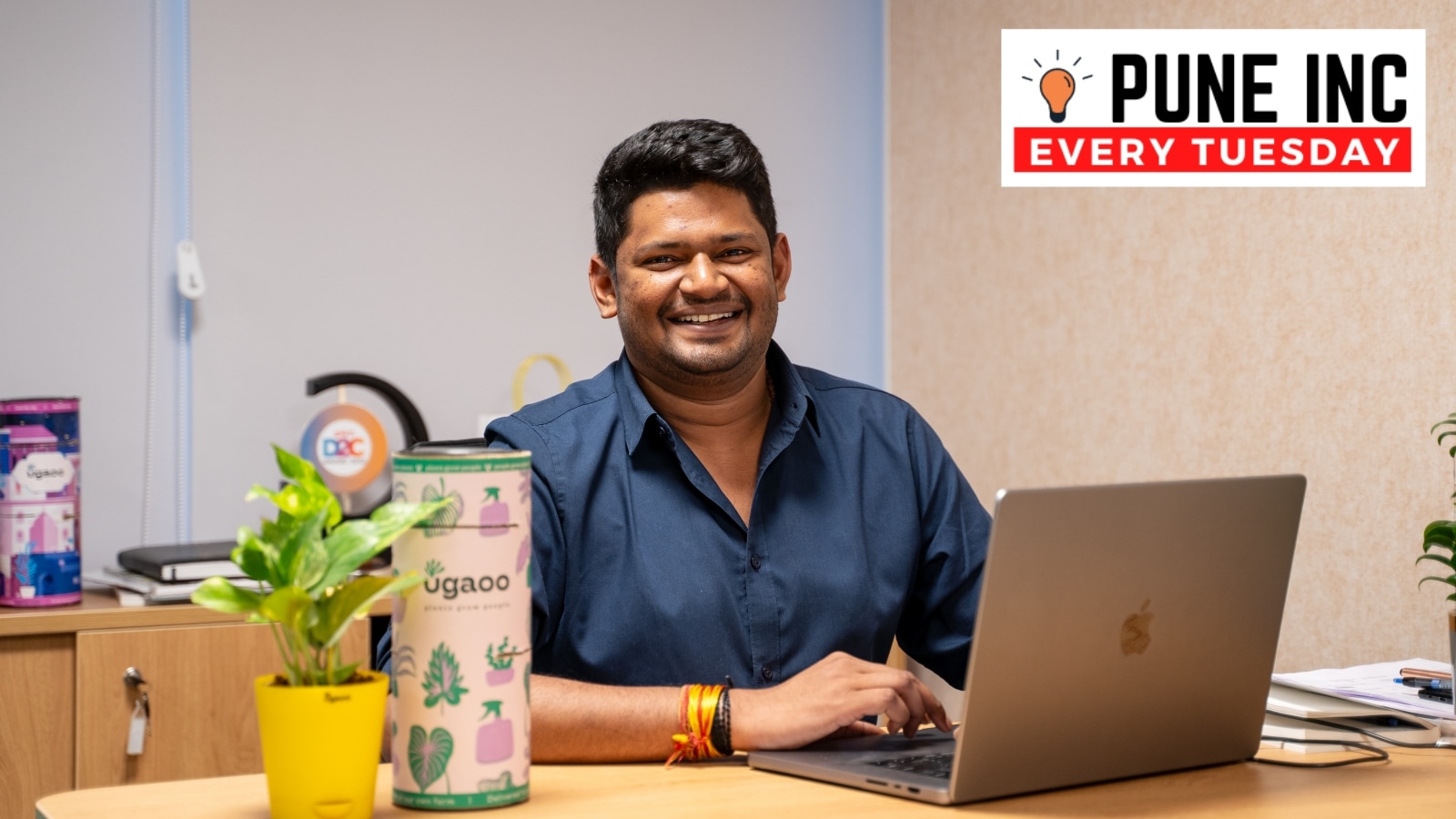
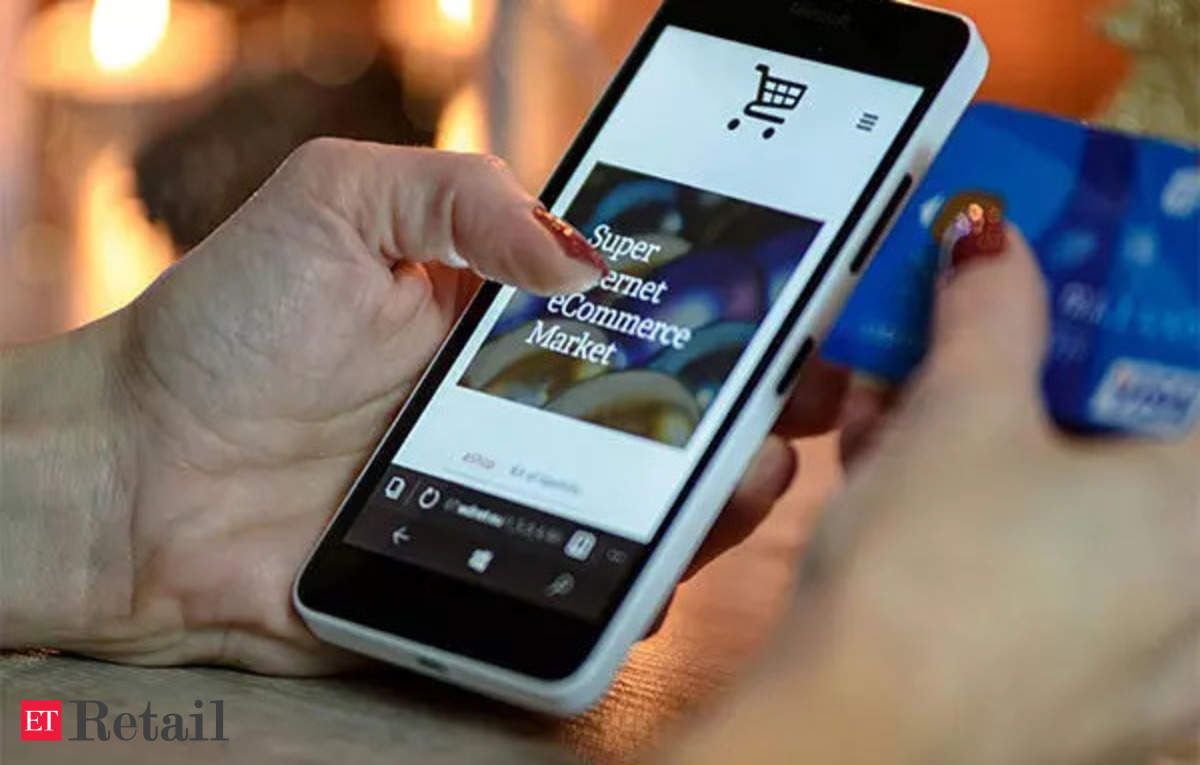
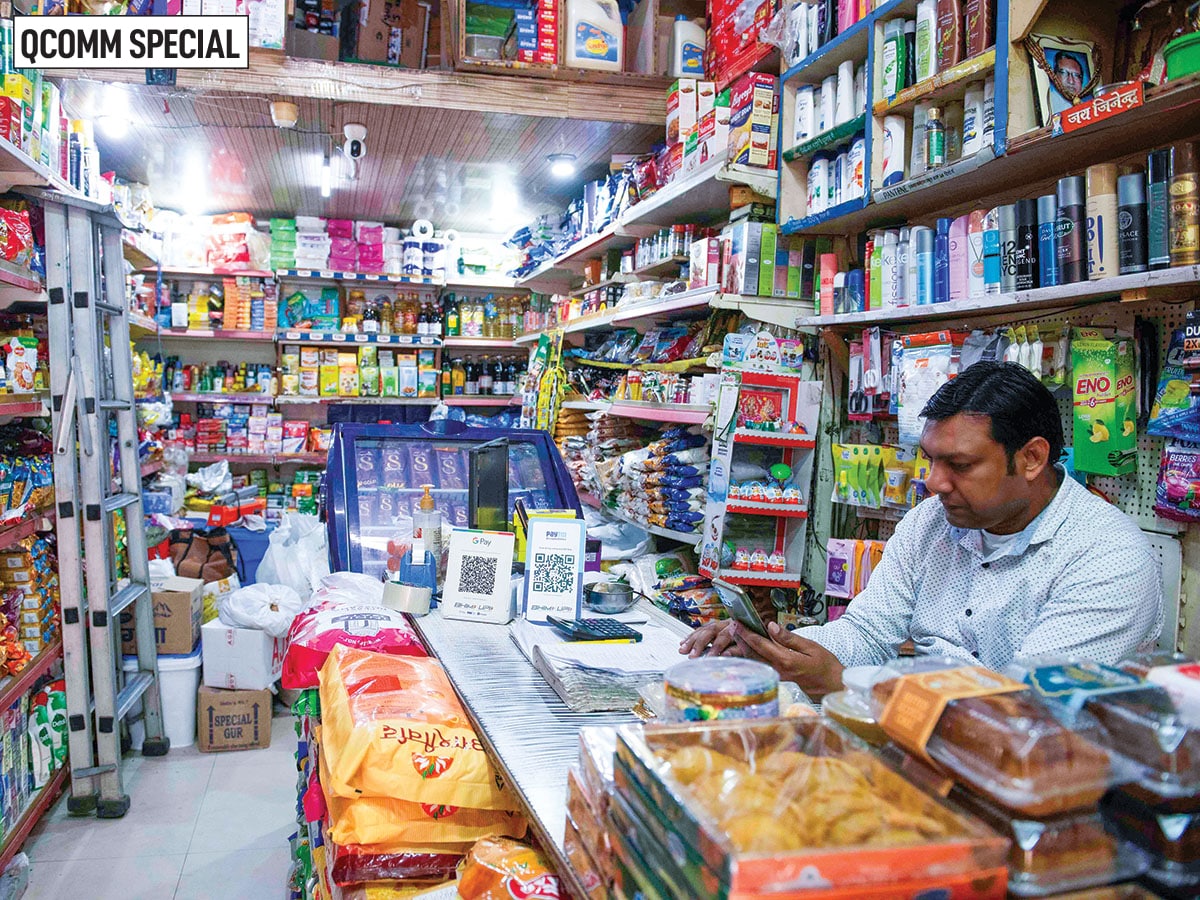
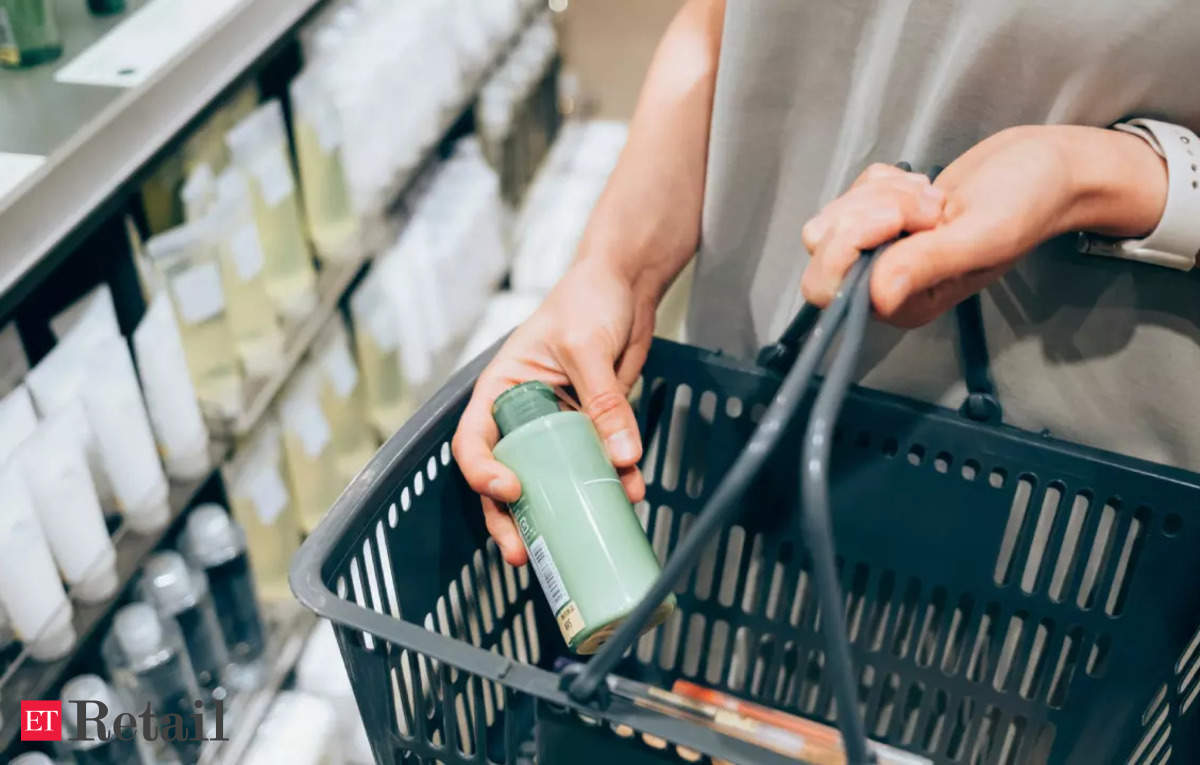

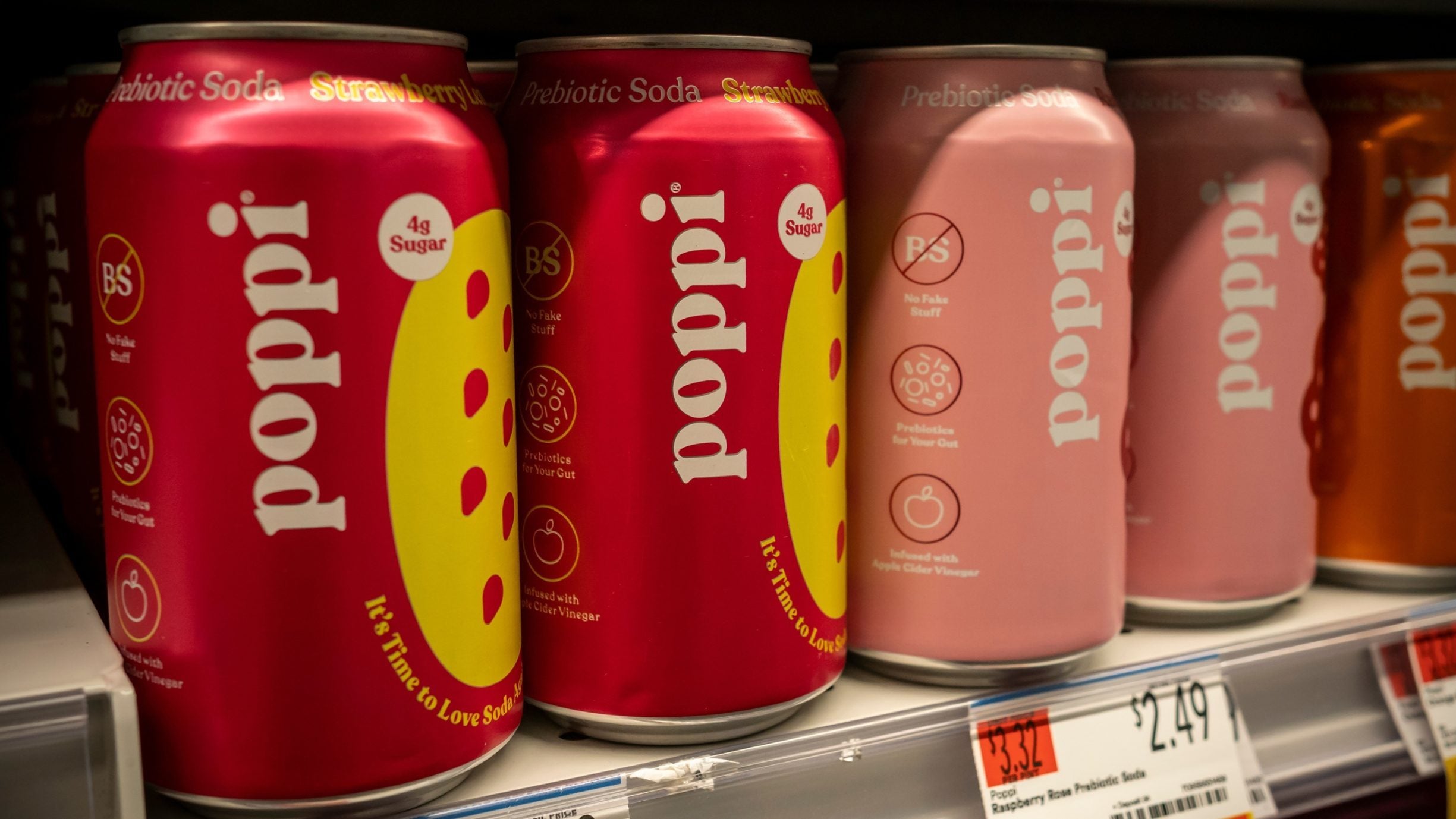
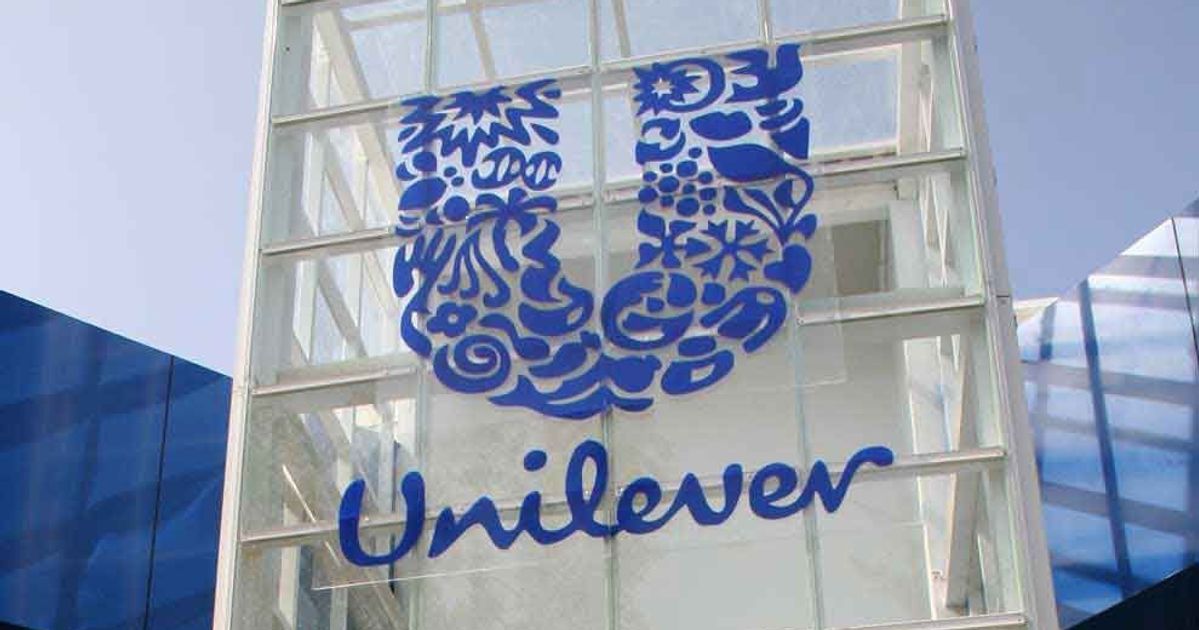
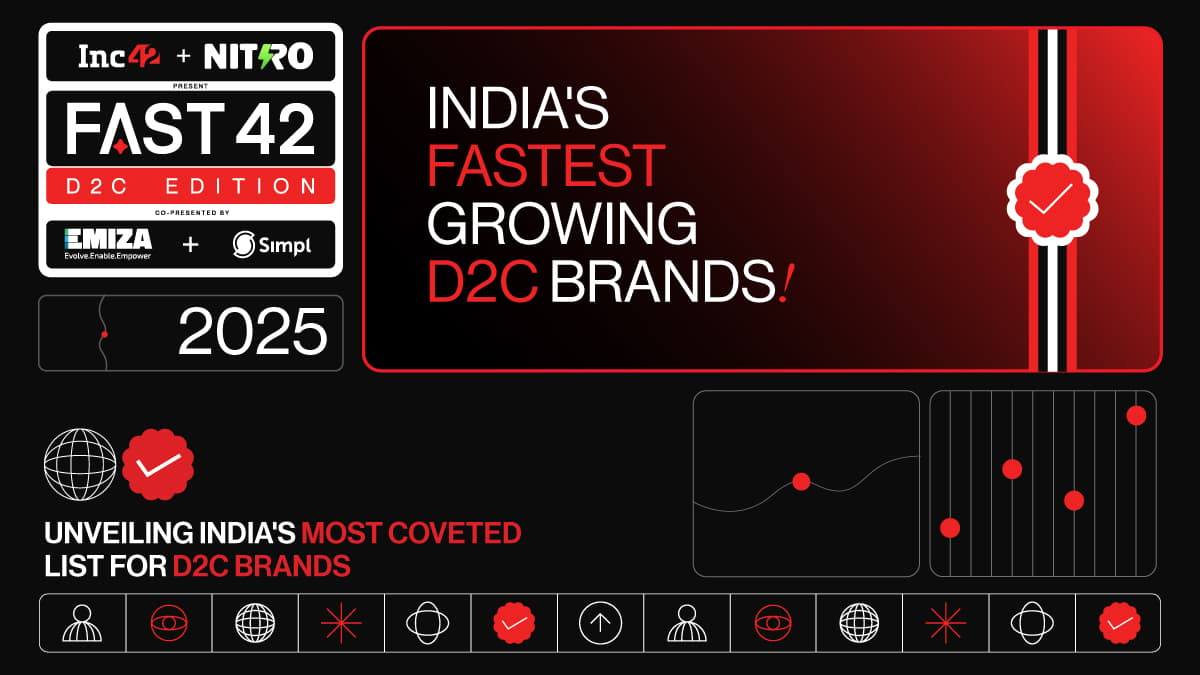

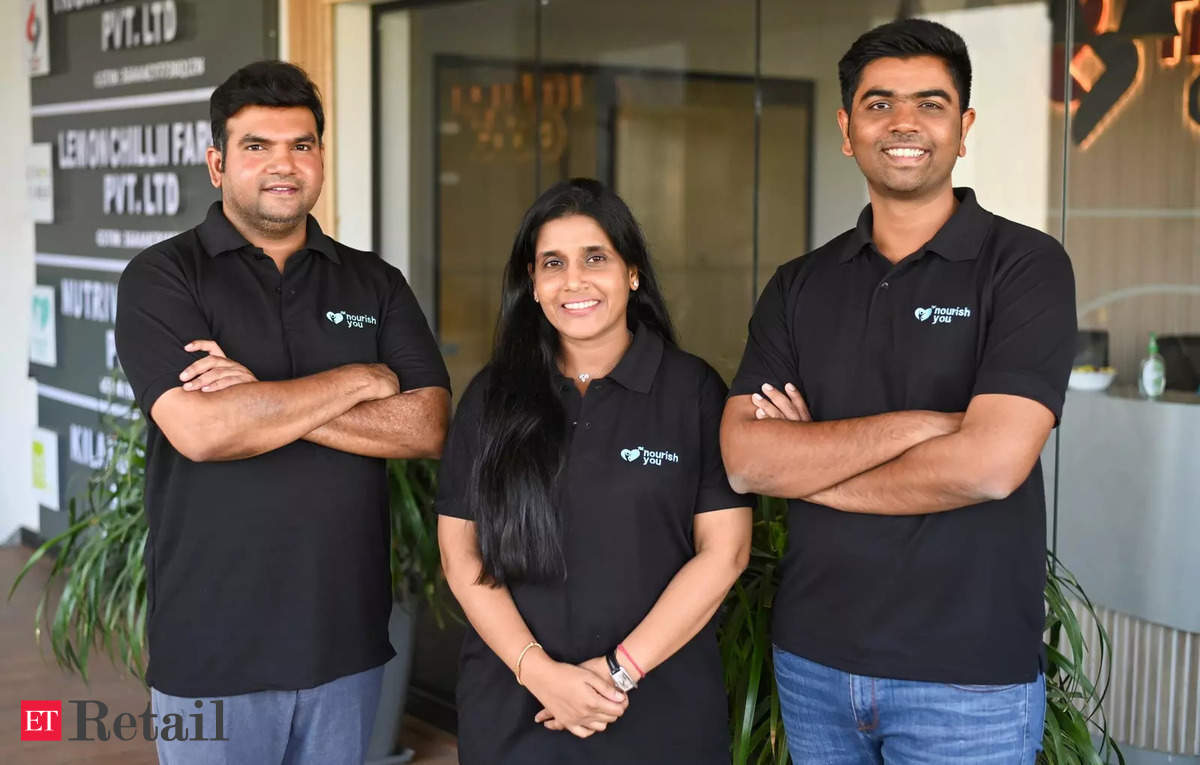
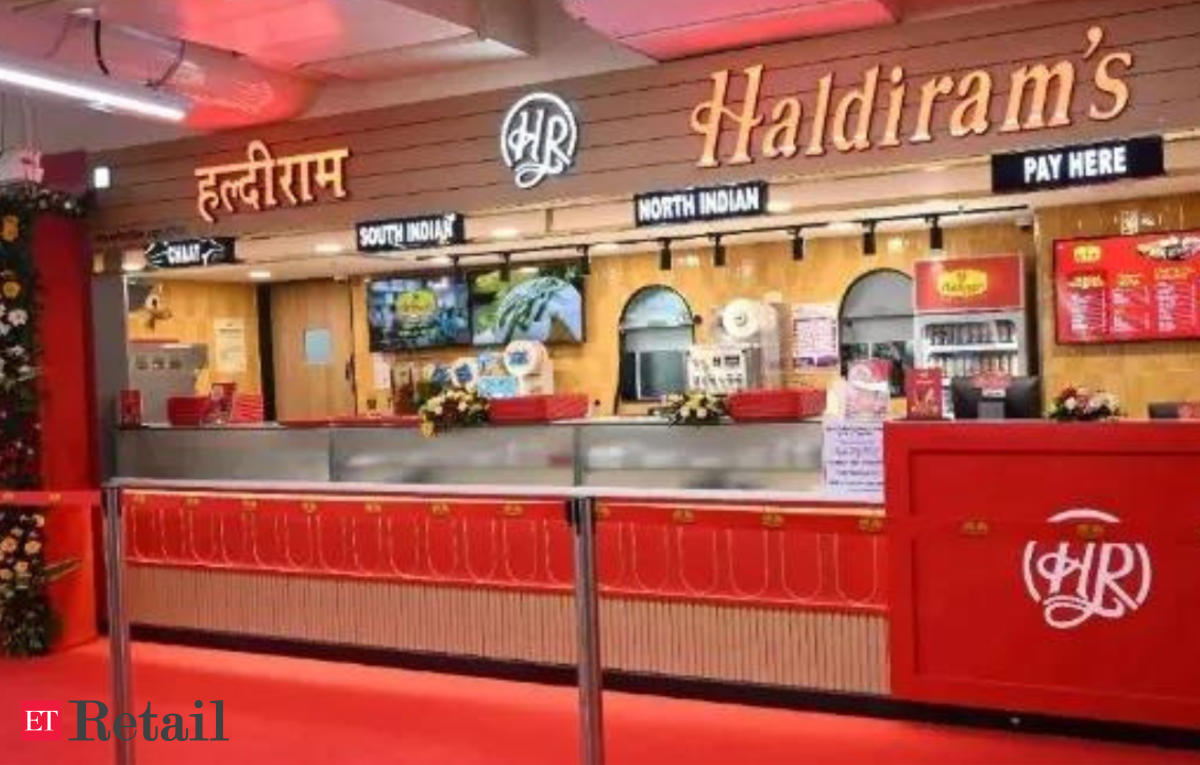

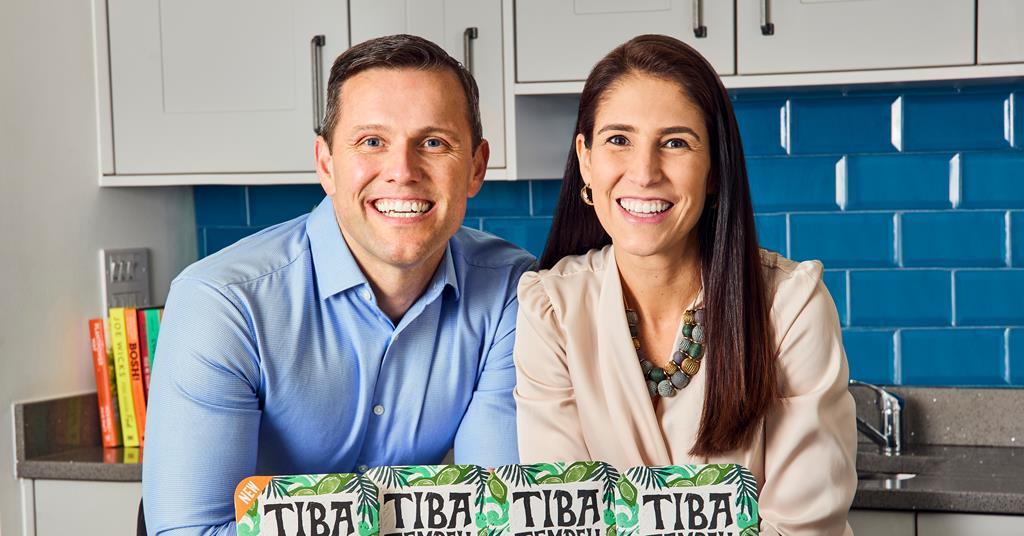
Reply